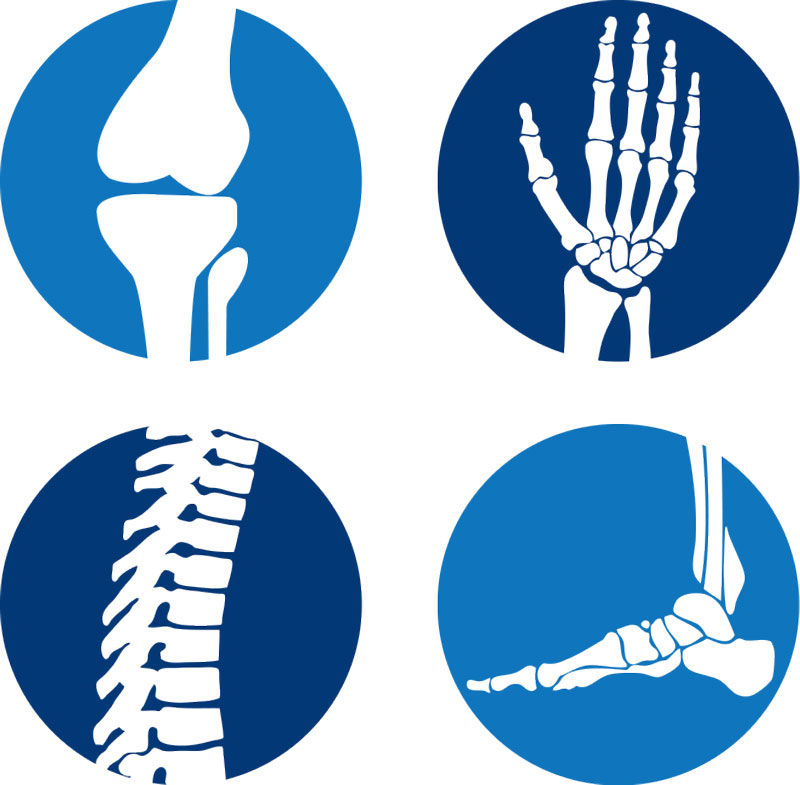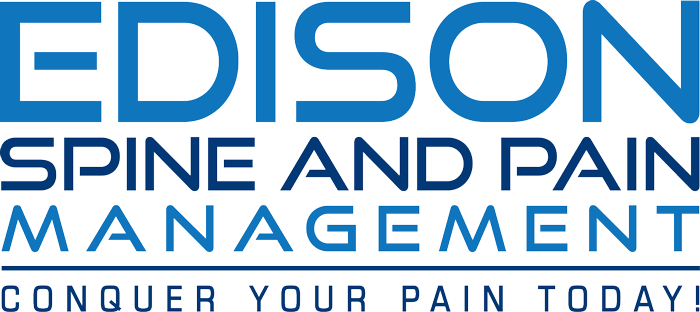Knee pain can occur for numerous reasons, such as injuries, ruptured ligaments, fractures, mechanical problems, arthritis, and other underlying medical conditions. When you’re suffering from knee pain, the location and severity of the symptoms depend on the root cause of knee pain. Most people with knee pain experience swelling, stiffness, redness, weakness, and other such symptoms. Our interventional pain doctors diagnose and treat the root cause of knee pain using minimally invasive solutions.

Symptoms of Knee Pain:
- Swelling in the knees
- Stiffness and loss of mobility
- Redness and warmth
- Weakness of the knees
- Instability
- Popping sounds while moving
- Crunching sounds while moving
- Inability to straighten the knee completely
- Other symptoms based on the root cause of knee pain
Possible Causes of Knee Pain:
- Injuries: You may suffer from knee pain because of injuries that affect the ligaments, tendons, cartilages, or bursae surrounding the knee joints. The most common types of knee injuries include fractures, torn meniscus, knee bursitis, ACL injuries, and tendinitis. Different types of injuries cause different symptoms of knee pain.
- Mechanical Problems: You may suffer from knee pain because of mechanical problems, such as a degeneration of the bone that causes the bone or cartilage to break off, tightening of the iliotibial bands that rub against the thigh bone, dislocation of the kneecap, and an altered gait that places more pressure on the knees.
- Arthritis: Arthritis is a condition that causes inflammation of the joints in the body. There are over 100 types of arthritis, but osteoarthritis and rheumatoid arthritis are the most common types. If your arthritis affects the knee joint, you may suffer from severe knee pain.
- Patellofemoral Pain Syndrome: You may experience knee pain between the kneecap and the thigh bone, especially because of arthritis.
How to Prevent Knee Pain?
- Maintain a healthy weight to reduce the strain on your knee joints
- Strengthen the muscles in your legs to minimize knee injuries
- Prepare your muscles for the sports you’re playing
- Use the correct techniques and form while playing sports
- Strengthen your quadriceps and hamstrings to support your knees
- Change the way you exercise if you have chronic knee pain or osteoarthritis

How is Knee Pain Diagnosed?
Your knee pain evaluation will start with a physical examination. During the physical exam, the pain doctor will inspect your knees for physical signs of knee injuries, check your range of motion, and push and pull the knee joint to evaluate its integrity. After the physical examination, the pain specialist may administer X-rays, ultrasounds, CT scans, and MRIs to identify the true root cause and source of knee pain.
Non-Surgical Knee Pain Treatment in Edison
Edison Spine & Pain Management specializes in non-surgical and minimally invasive treatments for knee pain. Your treatment may start with conservative solutions, such as medications, anti-inflammatory medications, physical therapy, and knee braces to support the knee joints. We may also administer minimally invasive treatments, such as corticosteroid injections, hyaluronic acid injections, or nerve blocks. Our interventional pain specialists avoid addictive opioids and risky surgeries in favor of minimally invasive solutions.
Schedule an Appointment
Edison Spine & Pain Management is a state-of-the-art interventional pain management practice specializing in non-surgical knee pain treatments. Our pain doctors use cutting-edge technologies to diagnose the root cause of knee pain, following which they curate personalized treatment plans that ensure optimal pain relief. If you have the signs and symptoms of knee pain, please schedule an appointment to explore your knee pain treatment options in Edison.

